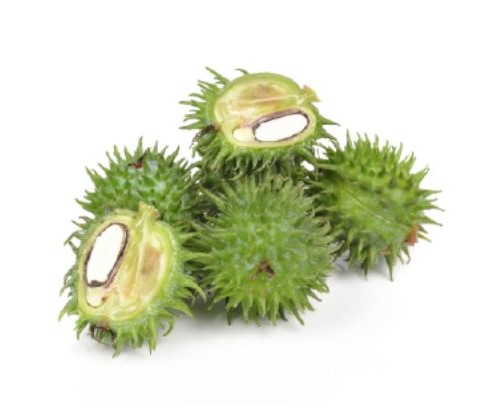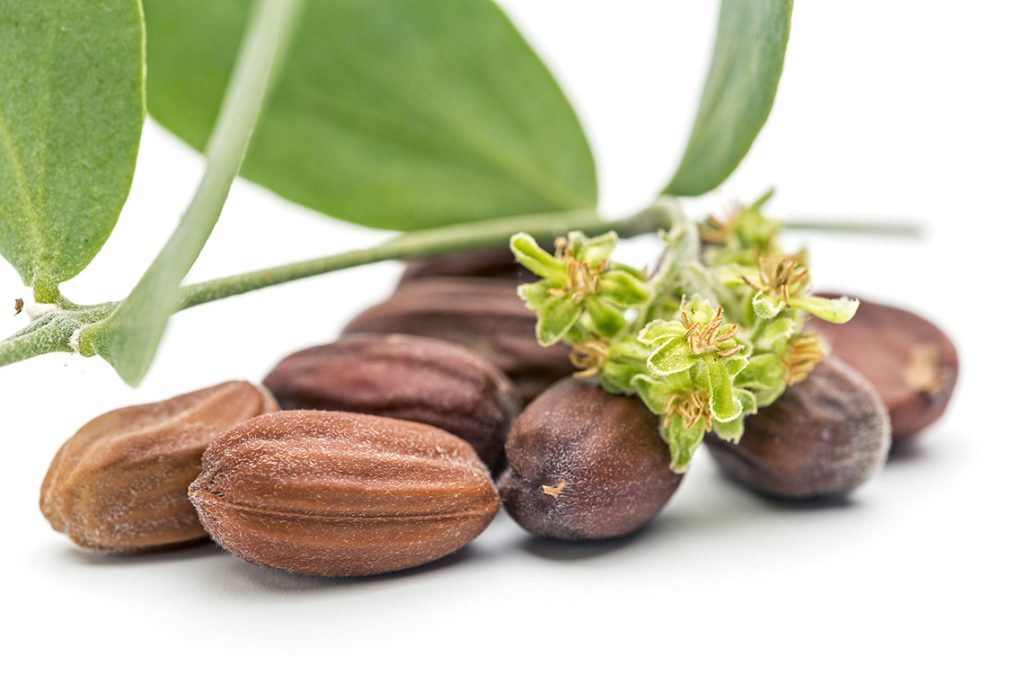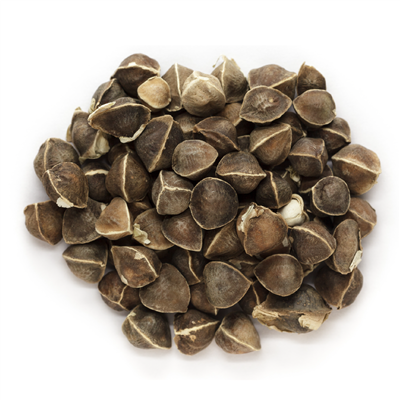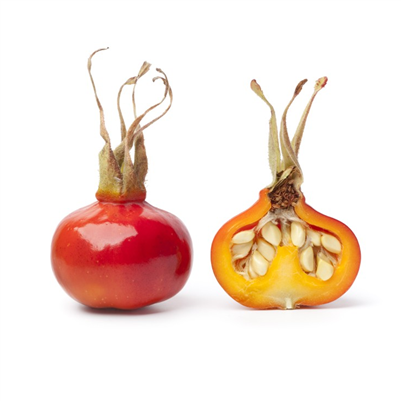Welcome to part two of my “cheat sheet” on the many carrier oils that Smile Herb offers! In part one, we covered Almond through Black Seed Oils; today we’ll dive into the other half of our list. Carrier oils may be used alone as facial moisturisers, hair and scalp treatments, and body oil. They are also commonly infused with herbs to make medicinal oils and salves, or Essential Oils for massage or aromatherapy. If you’re interested in learning more about herbal DIY, check out our upcoming classes and workshops!

Castor Oil
This vegetable oil (extracted from the beans of the castor plant) is the thickest and slowest-absorbing of all the carrier oils we offer. It is deeply moisturizing – the primary fatty-acid it contains locks moisture into skin – and has both anti-inflammatory and antimicrobial properties. Because of its thickness it is generally better used as a spot treatment than overall application. It is an excellent choice for some types of acne, skin infections, and wound care, but not as an all-around moisturizer. Light or Cold-Pressed Castor Oil is less viscous and better suited for skincare. Black or Jamaican Castor Oil gains its color from roasting the beans before pressing, resulting in a much thicker, richer oil that is traditionally used for haircare.

Jojoba Oil
A seed oil (technically a liquid wax ester) with a long history of use by Native American peoples, jojoba is famous for having a similar composition to human sebum (the oil that our bodies produce to protect healthy skin). This quality makes it ideal for helping to regulate both skin and scalp for a variety of uses. It is widely popular for skin care due to its non-comedogenic and fast-absorption qualities, leaving skin silky without clogging pores or irritating sensitive skin. Because of Jojoba’s unique fat content, it can be a great addition to a salve, adding firmness similar to beeswax while providing large amounts of Vitamin E.

Moringa Oil
This oil pressed from the seeds of the Moringa tree is perhaps less well-known than its superfood leaf, but is no less impressive. It is the most stable of all the carrier oils, resisting rancidity due to its high levels of monounsaturated fatty acids and antioxidants. This also makes it deeply moisturizing and nourishing for skin. It has a mild scent and is non-comedogenic, making it a great option as a facial moisturizer, particularly for aging skin. Moringa oil has also been shown to have antibacterial and antifungal properties, making it an excellent choice for wound-healing and various infectious skin conditions.

Rosehip Seed Oil
Another seed oil that is frequently overshadowed by its very popular flowers, Rosehip Seed oil is the fastest-absorbing oil that we offer. It is rich in fatty acids so soothing to dry, irritated skin, but because it absorbs so quickly it will not leave a greasy residue. It has a subtle, nutty scent (not at all like roses as the petals are not involved!) Rosehip oil may be helpful for healing scarring, including from acne, and stretch marks.
I hope that this guide has inspired you to explore and to include some pure carrier oils into your personal healthcare routine!
For More Information:
Can You Use Castor Oil on Your Face? Derms Explain
What is the Difference Between Black and Normal Castor Oil?
Jojoba Oil: An Updated Comprehensive Review on Chemistry, Pharmaceutical Uses, and Toxicity
Exploring the potential of Moringa oleifera Lam in skin disorders and cosmetics
Chemical Analysis and Antimicrobial Activity of Moringa oleifera Lam. Leaves and Seeds
“The Oil of Youth” – Cosmetic & Therapeutic Uses of Rosehip Oil
Evolution of Post-Surgical Scars Treated with Pure Rosehip Seed Oil
The post A Simple Guide to Carrier Oils (Part 2) appeared first on Smile Herb School.










